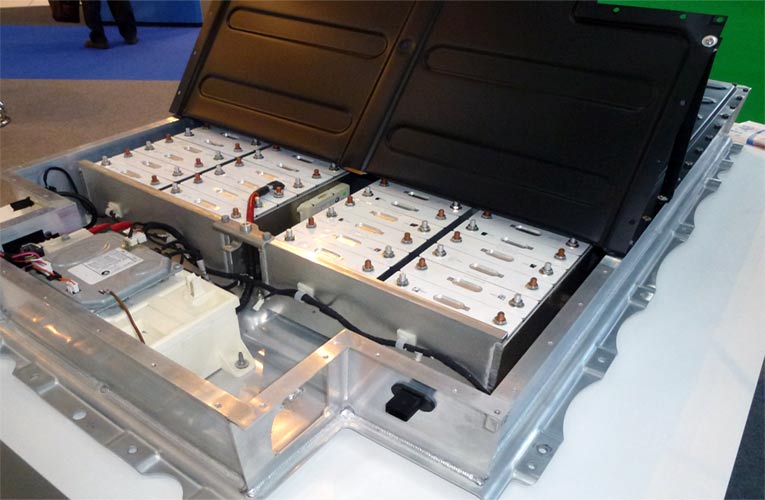
A team of scientists leads by Dr. Gareth Conduit at the Institute of Materials Research and Engineering at A*STAR, and Nanyang Technological University have used AI for predicting electric vehicle battery states and to give an ‘accurate’ prediction for lithium-ion cells state of charge and health.
According to the article published, the data-driven machine learning model technology could allow manufacturers to embed the software straight into their battery devices to improve its cycle life up to 6% over typical battery models that miscalculate lifetimes by around 10%.
The performance, cost, and safety of batteries are the factors that determine the successful development of electric vehicles (EVs). As of now, lithium-ion (Li-ion) batteries are preferred over other batteries due to their cycle life and reasonable energy density. However, if further research of Li-ion batteries is carried on, it will lead to more complicated battery dynamics, where safety and efficiency will become a matter of concern. Due to this, an advanced battery management system that can optimize and monitor safety is crucial for the electrification of vehicles.
Machine learning algorithms have been implemented to predict the state of health, state of charge, and remaining useful life. There has been a focus on data-driven models and these have been combined with machine learning techniques. These models appear to be more powerful and can predict without a priori knowledge of the system besides achieving high accuracy with a low computational cost. With the reduced costs of data storage devices and the advancement of computational technologies, data-driven machine learning seems to be the most promising approach for advanced battery modeling in the future.
The aim of the study is to bring about a transformative effect on the battery industry and highlight how machine learning can accurately predict and improve the health and life of a battery. This will allow manufacturers to embed the software straight into their battery devices and improve their in-life service for the consumer.

